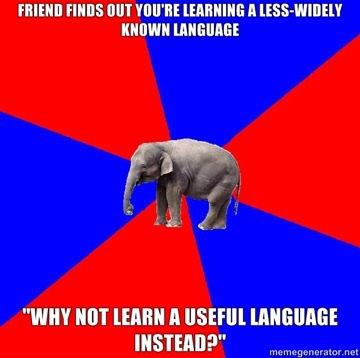When it comes to careers, I have always had something of a one-track mind. As a child, I had a huge fixation with my future, planning out books I would write, laws I would change, and picking future homes out of Architectural Digest. My ideal city changed from San Francisco to Vancouver to Munich to Washington, D.C. Looking ahead to the millions of things I wanted to do was one way to avoid thinking about the task at hand—namely, middle school.
Since then, I’ve become much more rational. I know that I have to get an undergraduate degree, possibly go to graduate school, and, of course, get a job. I know that it takes years, decades even, to reach the top of any industry, and I want to get started as soon as possible.
It shocked me, then, when I found out that many Scripps seniors apply for Fulbright scholarships and Teach for America. I understood future teachers interested in these areas, but the sheer amount of applicants baffled me. Why would you spend a few years doing something completely unrelated to both your major and your career goals, especially when you’re young and, most likely, broke from college?
A couple of days ago, I was talking to a friend of mine teaching English in South Korea. I asked her if she planned on going to graduate school after finishing her tenure abroad, and she answered that it was likely. For what? I asked. She wasn’t completely sure, but the possibilities she gave me had nothing to do with teaching or English. I was quiet for a moment, and then asked, in the most polite way possible, “Why did you go to Korea?”
There were a lot of reasons, she said. Although she hadn’t studied it, teaching was something she had always had an interest in, and she wanted to try it. She wanted to learn not only how to live abroad, but to live alone and independent. Before moving forward with her career, she wanted to mature as a person and experiment in another career track.
I had asked a few people before about the allure of Fulbrights and other, similar programs, but this was by far the clearest, most understandable answer I got. We forget sometimes that learning isn’t just in the classroom or on the job, and that every experience can contribute personal growth. As a rising junior, I still don’t know if I’ll end up applying for a Fulbright scholarship, but I can finally say that I understand the merit of the experience, even if it puts a career on hold.

